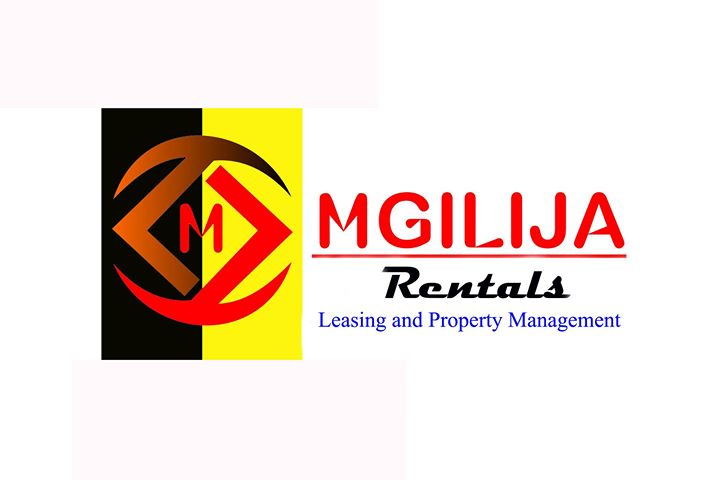 We have been getting a lot of enquiries from readers of our news page about the stages one has to go through before buying property. While buying a home or a plot can be an emotional, time consuming, and complex process, but it is worth it. Nothing compares to owning your home in a neighbourhood that you chose. There are a few things that one can do to help make the process go as smooth as possible.
We have been getting a lot of enquiries from readers of our news page about the stages one has to go through before buying property. While buying a home or a plot can be an emotional, time consuming, and complex process, but it is worth it. Nothing compares to owning your home in a neighbourhood that you chose. There are a few things that one can do to help make the process go as smooth as possible.
Check Your Credit – Before you visit your banker to apply for a home loan, regardless of your credit, it is a smart idea to obtain a copy of your credit report from the major credit bureaus (ITC) and review the information first. If there are errors or things that need to be addressed, it is easier to address them before you find a property, than after you have found a property and trying to close your loan with the bank. If you know there are some few blemishes on your credit, let your lender know what they are and why they are there, and why you are still a good credit risk. Banks look at your credit to determine how likely will you pay back the loan. If you have explanatory circumstances like a loss of a job or medical bills, let them know so that they understand that it is not likely to happen.
Get A Pre-Approval Before You Buy – A pre-approval means that a lender has reviewed your credit history, verified your assets and employment, and has approved your loan before you have found a property to purchase. As long the home is valued for at least the purchase price, the loan should be granted.
Getting pre-approved also gives you an advantage over other buyers. It also makes it easier for you to negotiate on the selling price of the property, than a person who is not pre-approved.
While getting a pre-approval may sound official, it is really just getting an idea of what you can afford. It is having an approximate payment calculated.
Protect Yourself – Ask your estate agent for a copy of the documents you will be asked to sign if you decide to buy the property. Read them ahead of the time so that you understand the questions that you will be asked, the things you need to know and the decisions you will need to make.
Have Reasonable Expectations – There’s a lot of money at stake. No property is perfect, since everyone has a different taste. Understanding and remembering these statements will help diffuse the negotiation and the closing stage.
Emotions are high for buyers and sellers- the seller may have loving memories and years of sweat equity in the house. Maybe they are being relocated and don’t want to go. Understand their motivations for selling will help you appreciate their situation and predicament during these emotional times.
There is a lot of money at stake for all the parties involved. Just remember that market value (the value of the property) is the price that a willing buyer and seller can agree to. If you cannot agree on the price, ask yourself if there is something you missed? Are there comparables that support the price that they want? Are there any motivations that might factor into the price they are demanding? In the end, does it matter? What is the house worth today and what do you think you can reasonable sell it for on the amount of time you plan to spend in it? Think about the answers to those questions before you make your move.
Get an expect to inspect for you – No house is perfect – always get an inspection. It is the expect’s job to find any problems with the house that could cost you thousands to repair down the road. Some expects have a tendency to over play the importance of their role and the items that they find. Get objective opinions that you trust before making a decision on an inspective report. Likewise, if an expect says a foundation is cracked but it’s nothing to worry about- get a second opinion. Ask a contractor for an idea of how much repairs it will cost and how complicated they are.

 …A vacant home is a target for criminals. Here’s how you can safeguard your asset when it is up for sale.
…A vacant home is a target for criminals. Here’s how you can safeguard your asset when it is up for sale. As a homeowner, buying your home was probably one of the biggest investments you ever made. So when it comes to selling your home, you need to make sure the process runs smoothly to reap the benefits of that investment. Most homeowners hope that they can sell their homes quickly and make a decent profit, especially if they have owned the property for long enough for it to have appreciated in value. There are many reasons for selling a home including upsizing, downscaling, making a profit, job transfers or retirement. However, each of these has the same goal: to sell your home within a reasonable amount of time while ideally making a financial profit. Once you have decided that you are ready to sell, you need to take a number of factors into consideration to make sure the process is efficient and beneficial for you.
As a homeowner, buying your home was probably one of the biggest investments you ever made. So when it comes to selling your home, you need to make sure the process runs smoothly to reap the benefits of that investment. Most homeowners hope that they can sell their homes quickly and make a decent profit, especially if they have owned the property for long enough for it to have appreciated in value. There are many reasons for selling a home including upsizing, downscaling, making a profit, job transfers or retirement. However, each of these has the same goal: to sell your home within a reasonable amount of time while ideally making a financial profit. Once you have decided that you are ready to sell, you need to take a number of factors into consideration to make sure the process is efficient and beneficial for you. While most tenants are good tenants, leaving the property they have rented in almost the same state in which they found it and paying their bills in full, there will always be a certain percentage who have either caused quite a bit of physical damage to the property or still owe money to the landlord.
While most tenants are good tenants, leaving the property they have rented in almost the same state in which they found it and paying their bills in full, there will always be a certain percentage who have either caused quite a bit of physical damage to the property or still owe money to the landlord.

 …Buying a new home is very exciting. Owning a house is not only a good investment but it goes with pride of ownership.
…Buying a new home is very exciting. Owning a house is not only a good investment but it goes with pride of ownership.


